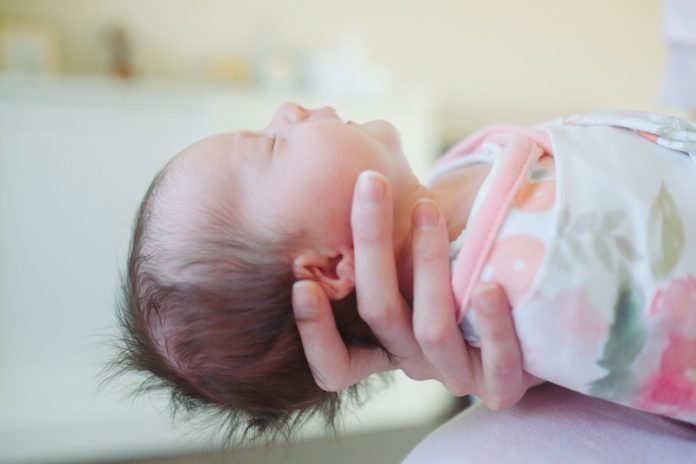
Newborn babies have a special ability to regenerate heart tissue after an injury, but adults do not. When adults have a heart attack, their heart struggles to repair itself, leading to scar tissue that can cause heart failure.
Scientists at Northwestern Medicine have discovered a key difference in how the immune system helps heal the heart in newborns versus adults. Their study, published in Immunity, could lead to new treatments that help adults recover better from heart attacks.
The Role of the Immune System in Heart Healing
The study focused on macrophages, a type of immune cell that helps remove dead cells and repair tissues. In newborns, these cells perform a process called efferocytosis, which means they “eat” dying cells. This process triggers the production of a molecule called thromboxane, which sends signals to nearby heart cells, telling them to divide and repair the heart.
However, in adults, macrophages do not produce enough thromboxane, meaning the heart does not receive strong enough repair signals. Instead of regenerating healthy tissue, the adult heart forms scar tissue, which weakens the heart over time.
How the Study Was Conducted
Researchers studied mice of different ages, including newborn mice (one day old) and adult mice (eight weeks old), to compare how their immune systems responded to heart injuries.
- In newborn mice, macrophages were much better at recognizing and removing dying cells. This was due to a high level of a special receptor called MerTK.
- When scientists blocked this receptor, newborns lost their ability to heal their hearts, making them behave more like adults after a heart attack.
- The newborn mice also produced more thromboxane A2, which helped nearby heart cells multiply and repair the damage.
- In adults, macrophages did not produce enough thromboxane A2, and their heart cells did not respond as effectively, limiting their ability to heal.
What This Means for Future Treatments
Scientists believe that mimicking the effects of thromboxane could one day help improve heart repair in adults. If researchers can find a way to “reprogram” adult macrophages to behave more like newborn ones, they might be able to stimulate heart cell growth after a heart attack.
“This study gives us clues about how we might one day help adults heal their hearts the way newborns do,” said Connor Lantz, the study’s first author and lead scientist at Northwestern University Feinberg School of Medicine.
Next Steps
Researchers will continue studying how to boost thromboxane production in adults and explore ways to make heart cells more responsive to repair signals. This discovery could lead to new therapies that prevent heart failure after a heart attack and improve recovery for millions of people.
If you care about heart health, please read studies that yogurt may help lower the death risks in heart disease, and coconut sugar could help reduce artery stiffness.
For more information about health, please see recent studies that Vitamin D deficiency can increase heart disease risk, and results showing vitamin B6 linked to lower death risk in heart disease.
The research findings can be found in Immunity.
Copyright © 2025 Knowridge Science Report. All rights reserved.



